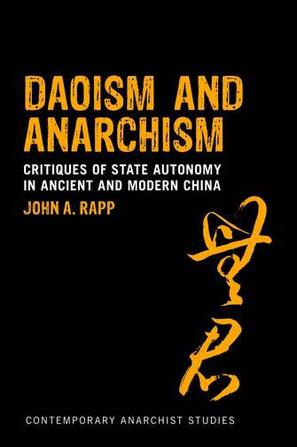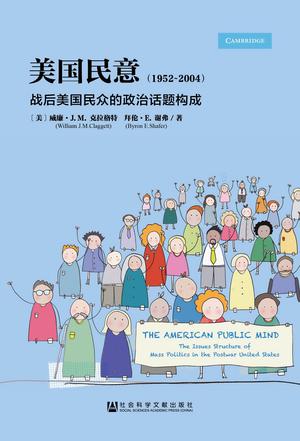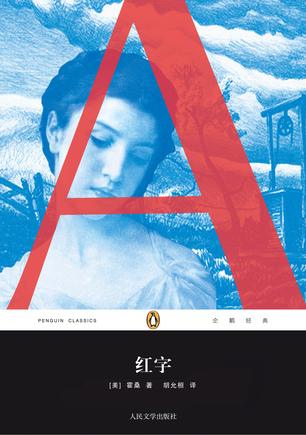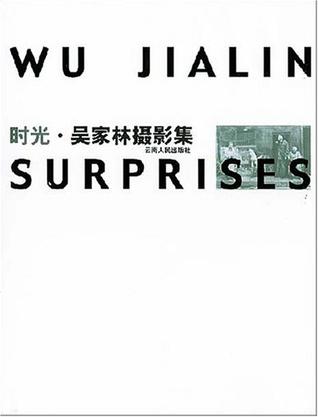John A. Rapp*, (1986), department chair, political science, professor
B.A., American University; M.A., Indiana University; Ph.D., University of Wisconsin-Madison
Phone: 608-363-2335
Email: rappja@beloit.edu
John Rapp joined the faculty at Beloit College in 1986 where he teaches courses in comparative politics. He founded the Asian Studies program in 1987 and served as its chair...
John A. Rapp*, (1986), department chair, political science, professor
B.A., American University; M.A., Indiana University; Ph.D., University of Wisconsin-Madison
Phone: 608-363-2335
Email: rappja@beloit.edu
John Rapp joined the faculty at Beloit College in 1986 where he teaches courses in comparative politics. He founded the Asian Studies program in 1987 and served as its chair for ten years. He also served as chair of the Political Science department from 1996-1999 and again starting in 2014. From 2002-2005 he served as Director of Asian Studies Programming under the first installment of Beloit's Freeman Foundation grant. In 1988-89 he was interim director of the Center for Language Studies, Beloit's summer intensive language program.
His primary teaching interests include Chinese politics, Communist and post-Communist systems, comparative democracies and electoral systems, and Chinese and comparative political thought. Besides his regular comparative politics offerings, he teaches courses on comparative revolutions, dissent, anarchism, and political fiction.
In March 2005 he led a faculty-staff study tour to Hong Kong and Guangdong in the People's Republic of China. In May 2006 he participated in a Beloit faculty-staff study tour to Hungary, and in the summer of 2007 he joined a faculty-staff travel group to China to help inaugurate Beloit's two new exchange programs in Kaifeng and Jinan. He also taught a concentrated mini-course on German politics at Beloit’s former exchange program in Hamburg, Germany in 1999. He has been selected to participate in several seminars for college professors over the years, including CIEE Faculty Development Seminars in Berlin (June 1990) and Hong Kong (1992), as well as the American Political Science Association (APSA) seminar on Japanese Politics (August 1990). His awards include the Beloit College Mouat Chair for Younger Faculty in International Studies from 1992-96, a faculty sabbatical grant to the University of Michigan in 1992-93 from the Program on Inter-institutional Collaboration in Area Studies (PICAS); a National Endowment for the Humanities Reading Grant for Private College Faculty (which included travel to Hungary) in May-June 1990; and a Pacific Cultural Foundation (PCF) Faculty Research Grant for the Fall of 2000.
His publications include the books Daoism and Anarchism: Critiques of State Autonomy in Anciewnt and Mdoern China (NY and London: Bloomsbury Press, 2012) and Autocracy and China's Rebel Founding Emperors: Comparing Chairman Mao and Ming Taizu (coauthored with Anita Andrew) (Lanham, MD: Rowman & Littlefield Press, 2000). His published articles and book chapters include “Anarchism or Nihilism?: The Buddhist-Influenced Thought of Wu Nengzi,” in Alexandre Christoyannopoulos (ed.), Religious Anarchism: New Perspectives(Newcastle upon Tyne, England: Cambridge Scholars Publishing, 2009); “Daoism as Utopian or Accommodationist: Radical Daoism Reexamined in Light of the Guodian Manuscripts,” in Laurence Davis and Ruth Kinna (eds.), Anarchism and Utopianism (University of Manchester Press, 2009); “Clashing Dilemmas: Hong Rengan, Issachar Roberts, and a Taiping ‘Murder’ Mystery,” Journal of Historical Biography 4 (Autumn 2008): 27-58, online at http://www.ufv.ca/jhb/Volume_4/Volume_4_Rapp.pdf; “Utopian, Anti-Utopian, and Dystopian Ideas in Philosophical Daoism,” Comparative Asian Development 2:2 (Fall 2003): 211-231; “Maoism and Anarchism: Mao Zedong's Response to the Anarchist Critique of Marxism,” Anarchist Studies 9 (2001): 3-28; “Daoism and Anarchism Reconsidered,”Anarchist Studies 6: 2 (October1998): 123-152; and “The Fate of Marxist Democrats in Leninist Party-States:China's Debate on the Asiatic Mode of Production,” Theory and Society16 (1987): 709-740. He is currently working on a biography project on Issachar J.Roberts, the 19th century southern Baptist China missionary who served as mentor and advisor to the leaders of China’s Taiping rebellion.
 Daoism and Anarchismtxt,chm,pdf,epub,mobi下载
Daoism and Anarchismtxt,chm,pdf,epub,mobi下载 首页
首页



有深度
书的内容好那自然是没得说,单单拿书就够你欣赏一番
超赞
出新了自然都买